“A team is not a group of people that work together. A team is a group of people that trust each other.” Simon Sinek, British-American author and inspirational speaker.
Couldn’t agree more. Without trust, negativity can soon creep in and spread like wildfire within your team. And that affects not just the well-being of your staff but your bottom line too in terms of reduced productivity and increased absenteeism and presenteeism.
Building trust, followed very closely by knowing how to apply empathy, has to be the single most important element behind any successful leader. Or behind any successful relationship, be it in a work context with staff, colleagues, and customers or in our personal lives with partners, family, and friends.
So, given its importance, how many of us receive training on how to effectively build trust? You may be thinking, can it really be a learned skill and still be genuine? The answer is yes, absolutely it can. Just as people can learn how to apply empathy, leaders can also develop their capabilities in building trust. We see it all the time.
At eMatrix, we love Dr Brene Brown. For those unfamiliar with her, she has spent two decades studying courage, vulnerability, shame and empathy (check out some of her TED talks!) and her work really resonates with the work we do in leadership, customer engagement, customer vulnerability and staff well-being training.
In her book ‘Rising strong’ Brene has developed the BRAVING framework where she has identified seven key elements of trust outlined below.
BRAVING – The Seven Elements of Trust, Brene Brown, Dare to Lead
Boundaries | You respect my boundaries, and when you’re not clear about what’s okay and not okay, you ask. You’re willing to say no.
Reliability | You do what you say you’ll do. At work, this means staying aware of your competencies and limitations, so you don’t over-promise and are able to deliver on commitments and balance competing priorities.
Accountability | You own your mistakes, apologize, and make amends.
Vault | You don’t share information or experiences that are not yours to share. I need to know that my confidences are kept and that you’re not sharing with me any information about other people that should be confidential.
Integrity | You choose courage over comfort. You choose what is right over what is fun, fast, or easy. And you choose to practice your values rather than simply professing them.
Nonjudgment | I can ask for what I need, and you can ask for what you need. We can talk about how we feel without judgment.
Generosity | You extend the most generous interpretation possible to the intentions, words, and actions of others.
Toolkit for cultivating self-trust
The questions below provide a great toolkit from Brene based on the above framework. It is a really useful tool for post reflection after certain events or difficult conversations. A good reminder to keep us all on the right track!
Boundaries – Did I respect my own boundaries? Was I clear about what’s okay and what’s not okay?
Reliability – Was I reliable? Did I do what I said I was going to do?
Accountability – Did I hold myself accountable?
Vault – Did I respect the vault and share accordingly?
Integrity – Did I act from my integrity?
Non-judgmental – Did I ask for what I needed? Was I non-judgemental about needing help?
Generosity – Was I generous towards myself? Was I generous towards others?
eMatrix Training is Collections & Vulnerability Specialists; helping organisations throughout Australia with practical training and coaching in leadership, customer engagement, collections, customer vulnerability and staff well-being.
Jodie Bedoya, the Director, can be contacted at 0438 391 500 or jodieb@ematrixtraining.com.au.



